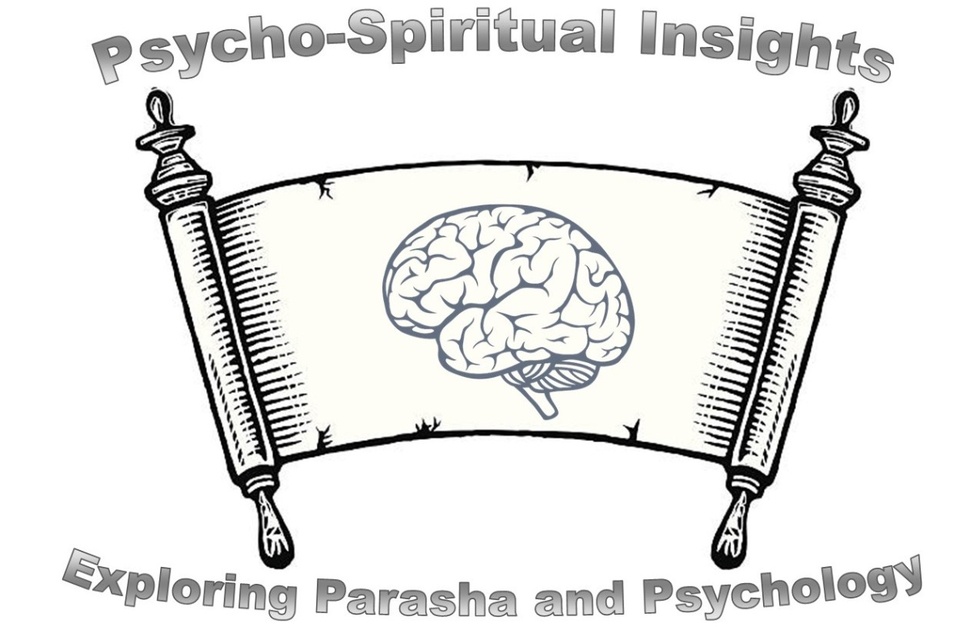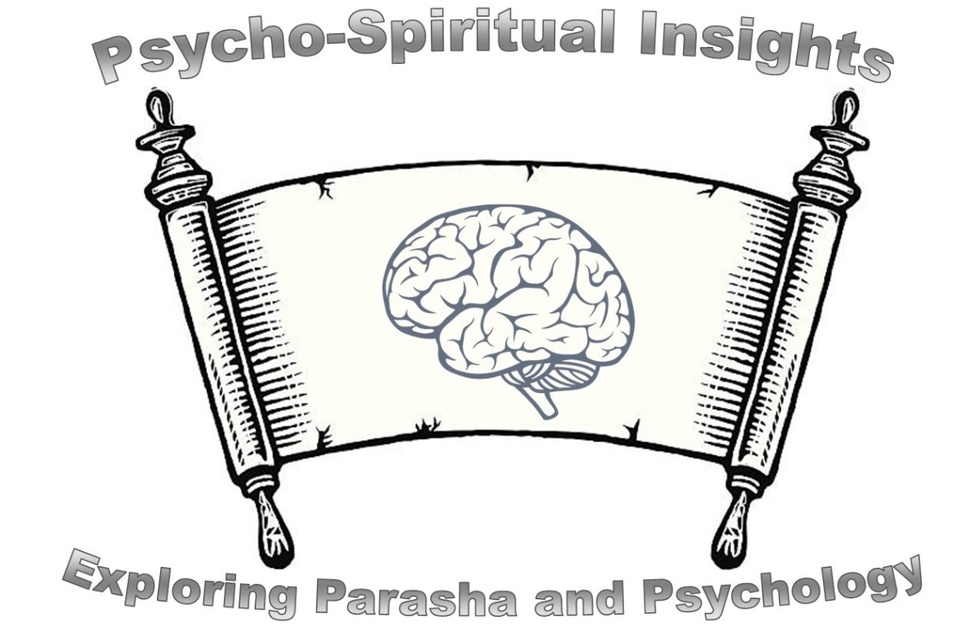
This week we begin Parshat Bereshit, the inaugural Torah portion. During a week where many of us have felt our hearts physically in one place but emotionally in another place with our fellow Bnei Yisrael in Aretz Yisrael, the Parsha invites us to delve into the profound interplay of interconnectedness, both within the natural world and within ourselves as human beings. The brutality of the terrorist events in Aretz Yisrael have affected us all due to our humanity and connection. In examining the narrative of creation through the lens of modern psychology, particularly the concept of interconnectedness, we can unravel deeper layers of spiritual understanding and meaning.
The concept of interconnectedness aligns with contemporary psychological ideas, emphasizing that all living beings and elements of the universe are fundamentally interconnected. Just as in the physical world, where ecosystems rely on intricate relationships to maintain balance and harmony, the Torah's account of creation in Bereshit underscores a similar interconnectedness in the spiritual and psychological realms.
This concept begins within the opening passuk of the Torah, "Bereshit bara Elokim - When God began to create.” We are immediately introduced to the idea that everything is in existence interconnectedly because it emanates from the same source, The Ribono Shel Olam, Creator of the World.
Parshat Bereshit also introduces the concept of the inherent value and uniqueness of each individual. Humans are created "b'tzelem Elokim-in the image of Hashem”, signifying the intrinsic worth and interconnectedness of all humanity. This teaches us the importance of valuing and respecting one another, recognizing that our actions and attitudes towards others have a ripple effect on the entire web of interconnectedness.
Furthermore, Hashem further deepens our connection by taking part of Adam to create Chava, as seen in the passuk, “Hashem fashioned the side that had been taken from the Human into a woman.” Rashi points out that Hashem wanted to provide man with a companion to not be alone on this earth and bind us together for eternity.
We normally perceive ourselves as individuals, living inside our own brains and bodies. ‘You’ are an entity that seems to occupy your own mental space, inside your head, with the rest of the world appearing to be ‘out there’, on the other side. The conventional scientific view seems to validate this impression of individuality. It suggests that, in essence, we human beings are agglomerations of material particles, atoms and molecules that work together to form different parts of our bodies and organizing the interactions between them. Our minds - and all our mental phenomena - are the result of the combined activity of brain cells.
However, the Torah reminds us that we regularly have experiences that seem to contradict this impression of separateness. Psychology calls these ‘interconnective experiences', and identifies three types of them, which seamlessly fit in with our passukim above.
- Interconnectedness of knowing
Knowing we each emanate from Hashem connects us for all eternity.
- Interconnectedness of feeling
Knowing we each carry the image of Hashem within us provides us with empathy potential.
- Interconnectedness of being
Knowing we come originally from one body provides us with residual connection to the rest of humanity.
The concept of interconnectedness emphasizes our relationship toward one another and our future. Parshat Bereshit encourages us to reflect on the delicate balance and harmonious interconnectedness within creation. By recognizing our interconnectedness with all of humanity and the natural world, we can cultivate a greater sense of responsibility, compassion, and love. In doing so, we honor the divine design, enrich our lives, and contribute to a world that embodies the interconnectedness and unity embedded in the creation narrative of Bereshit. May this connection allow us to support our fellow loved ones in Aretz Yisrael fighting on our behalf and may our connective prayers tether to support each other during this time of need.
Elan Javanfard, M.A., L.M.F.T. is a Consulting Psychotherapist focused on behavioral health redesign, a Professor of Psychology at Pepperdine University, & a lecturer related to Mindfulness, Evidence Based Practices, and Suicide Prevention. Elan is the author of Psycho-Spiritual Insights: Exploring Parasha & Psychology, weekly blog. He lives in Los Angeles Pico Robertson community with his wife and three children and can be reached at Elan.Javanfard@gmail.com.
 Previous
Previous

